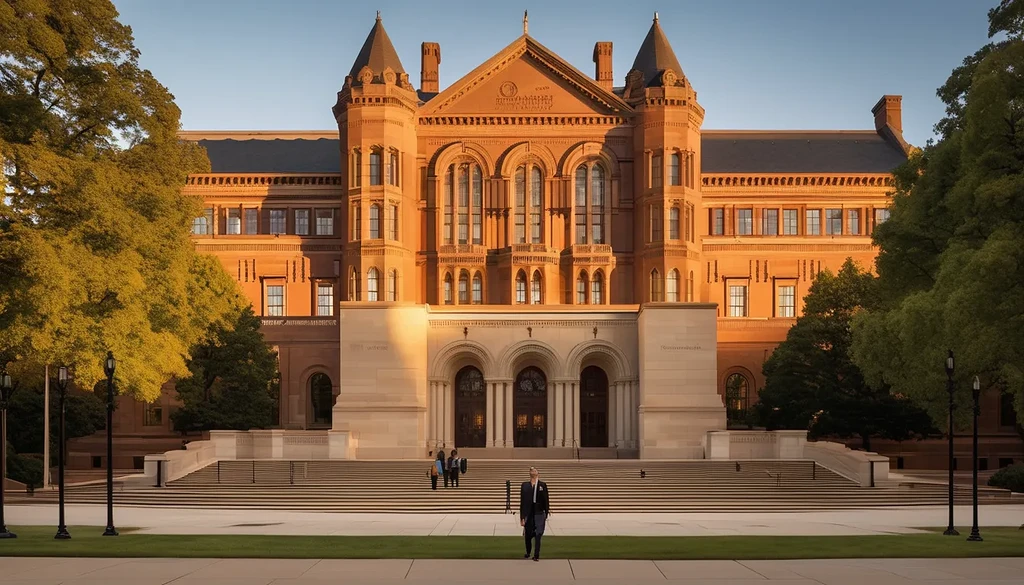Featured

A Prayer for God's Direction in Your Life Choices - Your Daily Prayer - April 1
After realizing that becoming a general manager at a fast-food restaurant wasn't God's plan for me, I trusted in His guidance, prayed for direction, and ended up staying in the area, where I found a job and housing that became a pivotal part of my future success.

Today's Bible Reading
Verse of the Day
Romans 10:17
Consequently, faith comes from hearing the message, and the message is heard through the word about Christ.
Read Romans 10Most Popular

5 Things to Say to Someone Who Has Been Wounded by the Church
Slideshows
A Prayer to Discern the Difference between Tests, Temptations, and Trials - Your Daily Prayer - March 30
Your Daily Prayer
4 Lessons Grandparents Can Teach the Next Generation
Slideshows
A Prayer to Try Softer, Not Harder, in Your Season of Life - Your Daily Prayer - March 29
Your Daily PrayerFor Plus Subscribers
Today's Inspiring Video

Mac Powell Shares Heartfelt Thoughts on Christ’s Sacrifice on the Cross



























